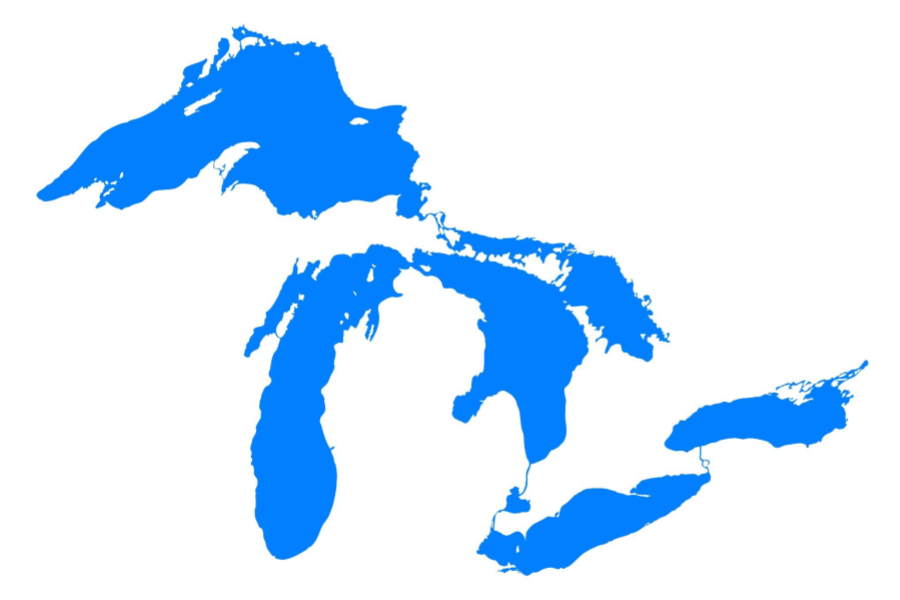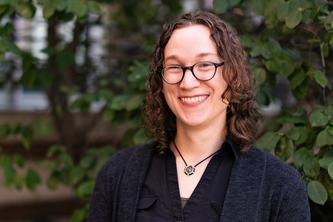University of Minnesota consortium receives inaugural NSF Regional Innovation Engines award

The U.S. National Science Foundation announced 10 inaugural Regional Innovation Engines awards, with a potential $1.6 billion investment nationally over the next decade. Great Lakes ReNEW, which is led by Chicago-based water innovation hub Current and includes a team from the University of Minnesota, will receive up to $160 million to develop and grow a water-focused innovation engine in the Great Lakes region.
The project’s ambitious plan is to create a decarbonized circular “blue economy” to leverage the region’s extraordinary water resources to transform the upper Midwest — Illinois, Indiana, Michigan, Minnesota, Ohio and Wisconsin.
“The ReNEW engine will have access to a network of more than 200 water experts across a wide range of fields at the University of Minnesota. This is a new model for supporting research that will allow our experts to build new regional collaborations and develop creative solutions,” said Jeffrey Peterson, director of the U of M’s Water Resources Center and one of the University’s co-leads for the project.
Tapped in part of because of the University’s interdisciplinary strengths, U of M researchers will work with partners across the Great Lakes region to monitor and recover valuable resources from our waterways, including energy from water and wastewater, nutrients such as nitrogen and phosphorus, critical minerals and materials to use in battery and clean energy production, and removing forever chemicals and other contaminants.
“This work allows us to collectively address water problems and advance collaboration between U of M researchers, governmental agencies and industry partners from Minnesota and across the region,” said Tianhong Cui, co-lead of the University of Minnesota team and professor of mechanical engineering. “Working together, we can develop innovative water technologies for emerging startup companies and create more job opportunities to boost the economy in Minnesota and beyond.”
The ReNEW engine launches with an initial wave of selected research projects, two of which involve U of M researchers. U of M engineering professors Cui and Terrance Simon will lead a project to build carbon-based sensors based on advanced manufacturing in micro and nano scales for long-term in-line detection of water pollutants including nutrients and heavy metal ions. Engineering Professor Paige Novak will lead a project on expanding platform technologies, including microbial encapsulation and chemically modified microbial carriers, to enable resource recovery from waste and enhanced low-energy treatment of a wide range of water contaminants.
The new Regional Innovation Engines program was created under the federal CHIPS and Science Act to boost innovation capacity, create sustainable innovation ecosystems and demonstrate inclusive growth across regions and demographics.
- Categories:
- Science and Technology
- Research
- Water





